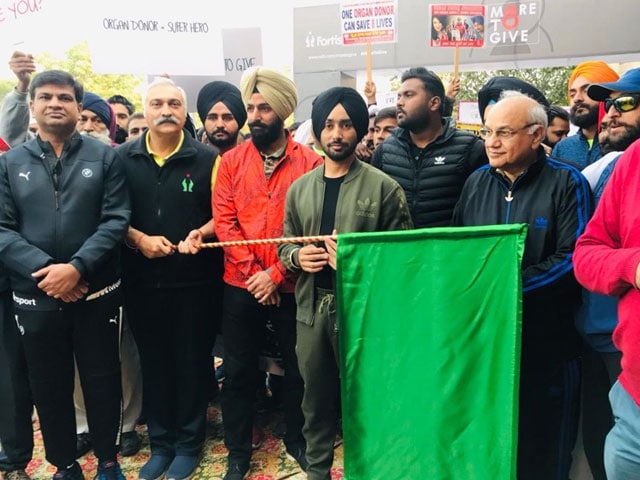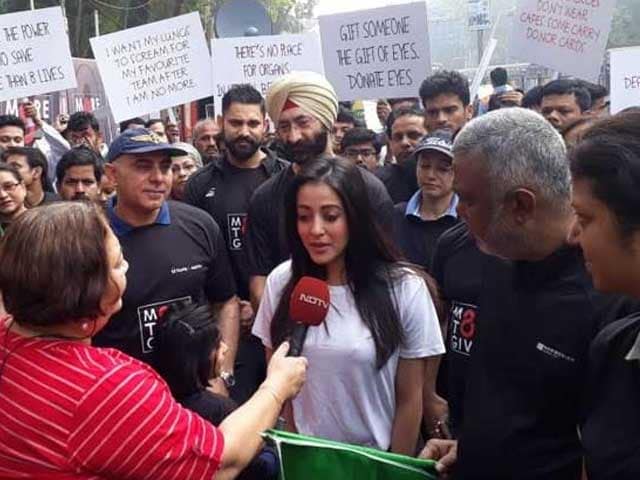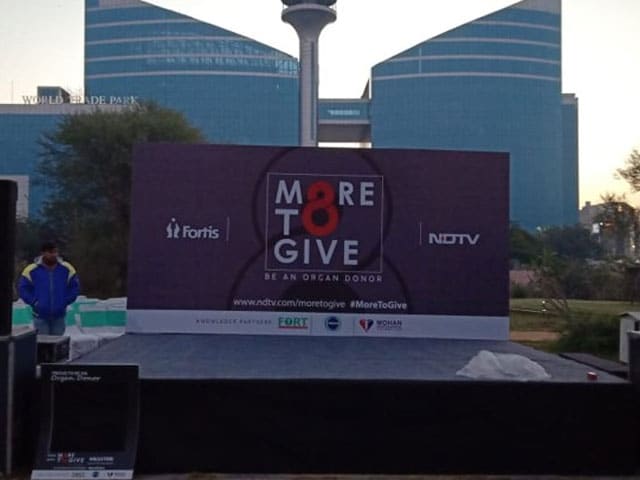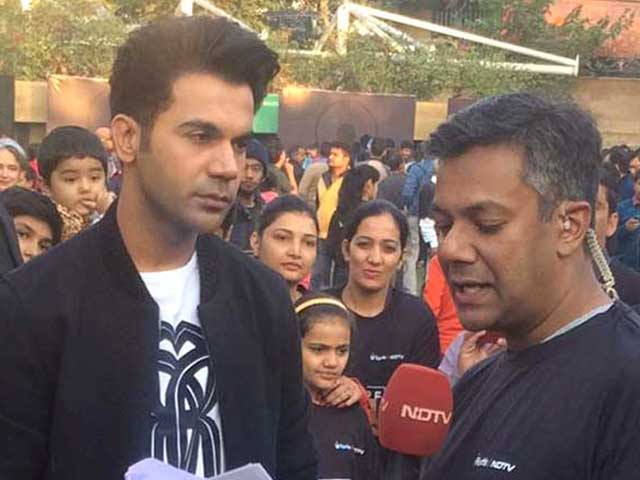New Delhi: On July 14, 2015, Delhi-based Naveen Aggarwal had a liver transplant surgery in a hospital in Chennai.
While he lay outside the operation theatre on a stretcher, he chanted his prayers and within fifteen minutes he was in a deep sleep. Twelve hours later, the transplant was declared a success.
As per the law, Mr. Aggarwal was not told who the donor family was, but the very next day he read a report in a local newspaper.
“There was a local newspaper coverage to say that one Mr. Reddy met with a road accident and ultimately he was declared brain dead and he had donated his organs,” he recalls.
Mr. Aggarwal has had no direct or indirect communication with the donor family and does not know if there is any link between the newspaper report and his donor. All he knows is that the donation was from a deceased donor and the families’ information has remained confidential.
This is his personal account of the gratitude and respect he feels for the donor family each day of what he calls his second life.
“I’m remembering the family right now, I remember them every passing day. I’m even getting emotional at this moment. I think about how great the family is, the courageous parents who had agreed that you can come and take the organs. You can cut open the body of our loving child, who has just passed a minute before, and take whatever you want. I want to go in front of them and tell them that “you are superhuman, you have transcended the levels of a normal human being.” Four people are alive today because of that boy and that family. My world today is because of that. What I am breathing today, every breath is indebted to them.
They have bestowed life on to me. Not only onto me but on to my family, my daughters and my wife who have got their world because of it. Their life is running normally. Let’s say if I had gone missing from that group, they would all be disintegrated, they would all be disturbed. If I were missing today, then how would they continue to define themselves?”
Mr. Aggarwal shares an account of a meeting with a number of anonymous donors’ families that was arranged at a private hospital. His wife and him were sentimental as they had viewed the transplant in terms of its cost or numerically but, after meeting the donor families, they realised it meant much more to them.
“I would not have been alive today if not for that organ.
Donor families are very sentimental and emotional and they want to see if we doing really well or are we doing okay. In that moment, they get a message from their family member or their son or daughter or daughter-in-law, whosoever has donated the organ in a particular case. Probably, they are similarly alive in this life today (through the recipient).
They were just looking at my face as if I’m a very special person.
My life is due to them alone.”










